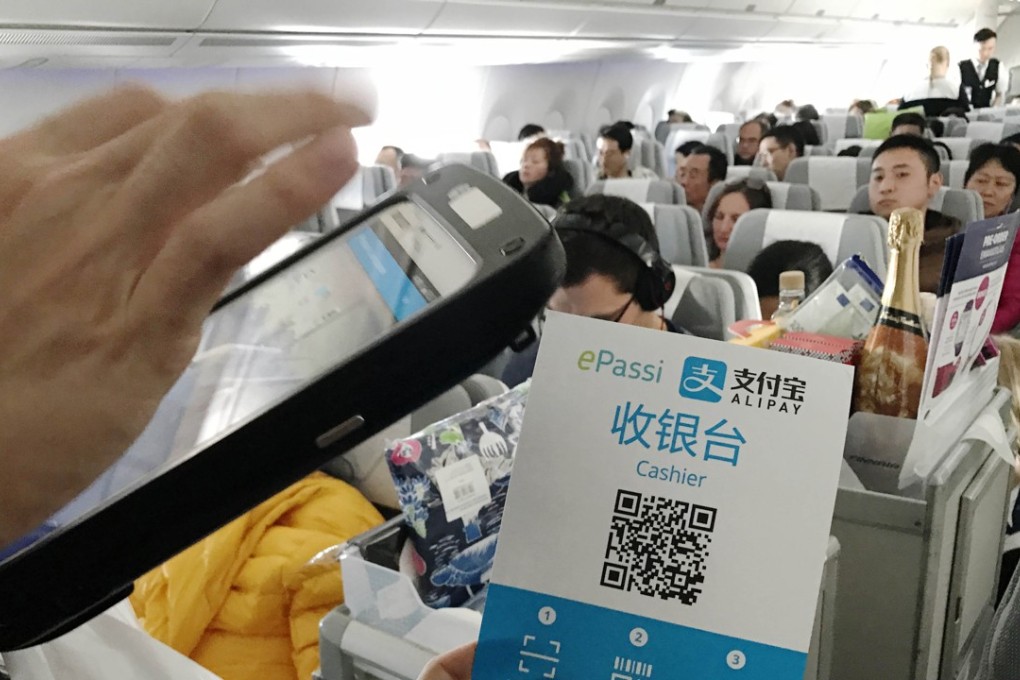Alipay placing bets on artificial intelligence for quantum leaps in payments system

Ant Financial, the financial affiliate of Alibaba Group, is probably best known for its mobile payment services Alipay. But artificial intelligence is integral to business growth, product security and optimization, according to Qi Yuan, a vice-president and chief data scientist at Ant Financial.
For Ant Financial, which is valued at US$60 billion following a US$4.5 billion fundraising round last year, AI is the key driver for its business. It’s been applied to all of its operations which includes loans, wealth management, insurance services and rural finance.
“At Ant Financial, we say AI solves problems,” Qi said in an interview in Hangzhou. “In finance, the main problems are credit and risk management.”
Alibaba, owner of the South China Morning Post and operator of the world’s largest online shopping platform is one of the biggest private enterprise investors in AI, driving China’s programme to catch up with the United Sates in investing in machine learning and natural language processing. Alibaba already uses an AI algorithm on its Taobao and Tmall platforms to identify counterfeit products.
Last month, Ant Financial launched an AI-driven, image-recognition system to help the investigators of vehicle insurance claims do their jobs faster and better.
According to Ant Financial, exterior damage claims make up about 60 per cent of the 45 million private vehicle insurance claims filed in China every year. In a demonstration, Ant Financial’s algorithm took 6 seconds to assess the damage in 12 different cases, whereas human investigators needed over 6 minutes to reach a verdict over the same claims.